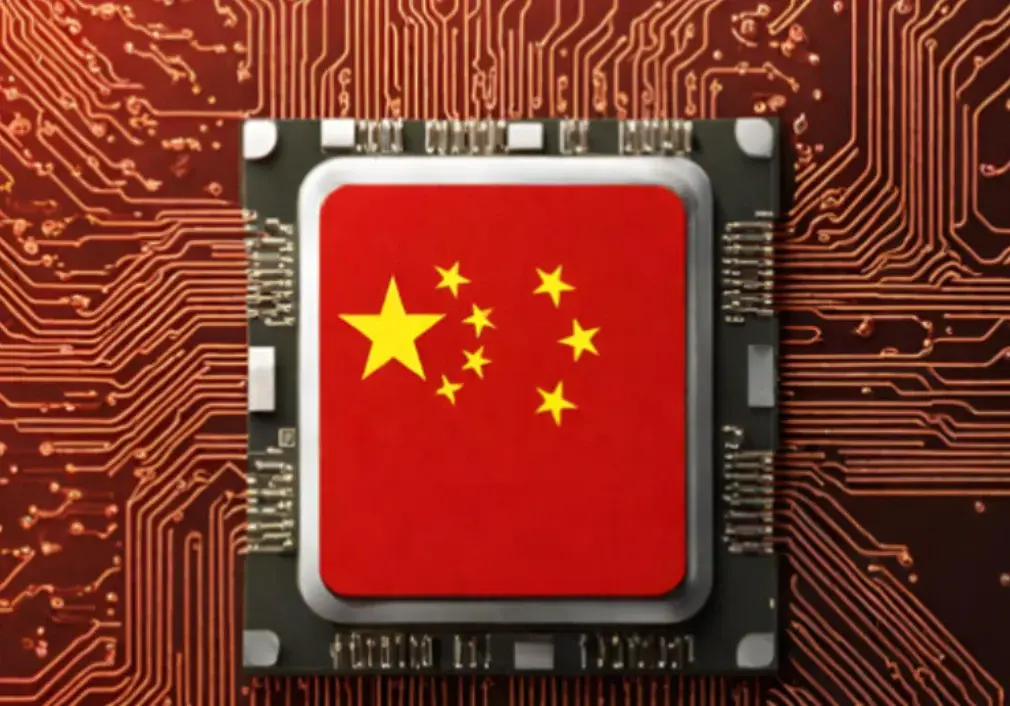Beijing's local government has launched a subsidy program to assist local businesses in purchasing Chinese semiconductors, particularly GPUs, with the goal of enhancing its computing capabilities and reducing dependence on foreign technology. This initiative is part of a larger strategy to improve the city's smart computing capabilities by 2027.
Subsidy Plan to Boost Local Businesses
The subsidy scheme, the details of which have not been disclosed, will provide financial incentives to local companies for acquiring domestically produced GPUs. These subsidies will be correlated with the investment needed for establishing computing services. The policy places emphasis on utilizing GPUs designed and manufactured domestically, which are crucial for high-performance systems in data centers, especially for projects related to AI development.
US Export Regulations Impact
Changes in US export regulations have made it challenging for Chinese companies to access advanced AI processors and semiconductor manufacturing equipment. Trade sanctions imposed by the US have limited the export of components to China by companies such as Nvidia, leading Chinese entities to explore alternative solutions.
China's Push for AI Technological Self-Sufficiency
China is pivoting its strategy towards promoting the domestic production of AI chips rather than depending heavily on international corporations such as Nvidia, Intel, and AMD. The subsidy program is aligned with a broader national agenda that encourages the adoption of domestically produced AI chips to ensure self-sufficiency in AI semiconductor technology despite external constraints.
Beijing's Commitment to Technological Self-Reliance
Beijing's initiative underscores its dedication to achieving technological self-sufficiency amidst escalating trade tensions and US export controls. The financial incentives offered to local businesses are intended to expedite the adoption of AI processors, strengthening Beijing's computing infrastructure and reducing reliance on foreign technology.
Future Outlook and Challenges
Apart from traditional semiconductor technologies, China is also focusing on advancements in silicon photonics and quantum computing chips to attain complete self-reliance in smart computing infrastructure by 2027. However, geopolitical tensions and the potential expansion of US-led export restrictions pose business risks for chip manufacturers and equipment suppliers, such as ASML.


Leave a Reply